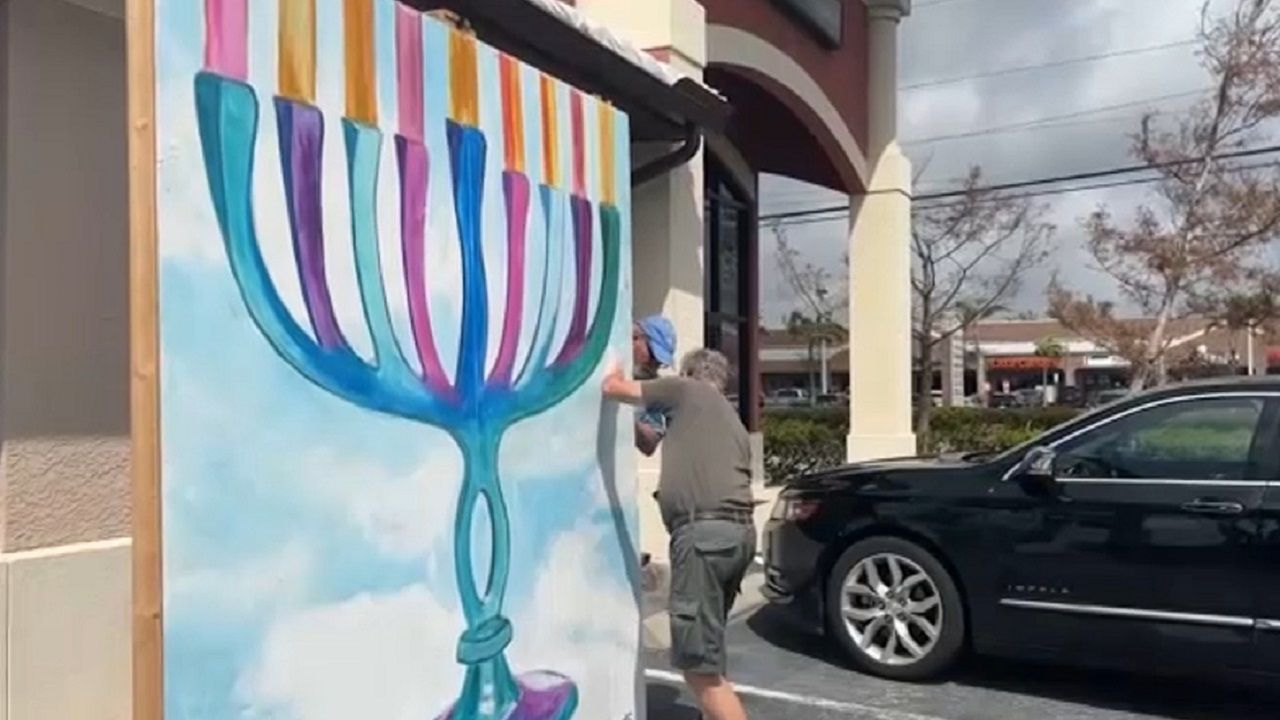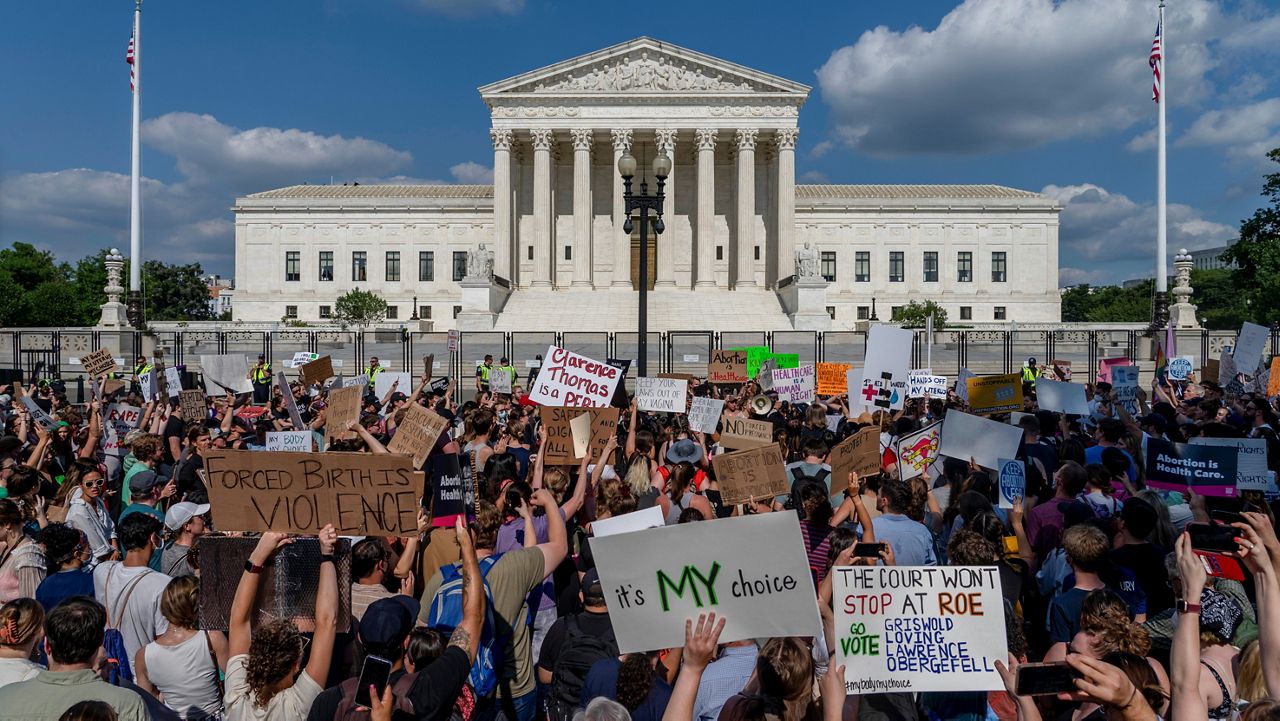SACRAMENTO, Calif. — Gov. Gavin Newsom recently signed AB 1226 into law in that will require the state to place incarcerated parents in facilities closest to their kids.
Nearly 200,000 kids in California have a parent who is behind bars.
The “Keep Families Close Act” was authored by Assembly member Matt Haney and will save families from having to travel long distances to see their loved ones.
The law would allow currently incarcerated parents to request a transfer to a facility near their families.
There are exemptions such as if a parent is incarcerated for a crime committed against their child, they will not be placed in a nearby facility.
Alesha Monteiro and her husband, Anthony, have been together for seven years. Monteiro and her four kids live 45 minutes away from Anthony, who has served 23 years of a life sentence.
The new law will eliminate the risk of him being moved to a facility farther away.
“They can make it really hard to see your loved one, so I’m excited for people that have been far away and also, there’s a relief knowing we have that in place and we have a shot of keeping him close if they were to move him for some reason,” said Monteiro, a prison abolitionist, who started a nonprofit focused on the California parole board process.
“The kids are so important and I think people lose track of that in their anger and their want for retribution and people to pay — you forget there’s little humans involved in this that didn’t do anything wrong, they don’t understand and it’s really hard on them,” Monteiro said.
According to CDCR data from 2019, over 75% of people in prisons are incarcerated over 100 miles away from their homes.
“To have something like this where families don’t have to travel so far, don’t have as high of a cost as a burden,” said Karen McDaniel, the founder of The Place4Good, a nonprofit that’s focused on helping families impacted by incarceration.
McDaniel has two teenage kids and all three of them had to drive for hours to visit her husband. She says the long drives negatively affected her kids’ mental health.
“I can tell you car trips are not fun for them. Most families see car trips as like oh let’s go we’re going to go to Yosemite on a car trip and that seems like a wonderful thing,” McDaniel said. “For many families impacted by incarceration, car trips are not a wonderful thing because there’s a huge amount of trauma associated with car trips.”
Place4Good runs programs that help people incarcerated stay connected to their families by running a literacy program where a parent records themselves reading a book. The recording is then sent to their children to listen and can follow along.
Place4Good also runs Camp Grace, a five-day music and art-based program that allows extended time for incarcerated parents to stay connected with their kids.
“Regular, consistent visits help children feel less anxiety and depression. Oftentimes we hear from families that the incarcerated parent is actually their stabilizing force,” McDaniel said.
The Keep Families Close Act isn’t the only reform for the criminal justice system. Another bill was signed into law to help ease the family visitation process.
The Family Dignity Act will allow families to scan birth certificates and have them uploaded so they no longer have to bring them each time they visit a loved one.
Before, families would be turned away if they didn’t bring physical copies of their birth certificates with them.
AB 1226 goes into effect on Jan. 1, 2024. Both McDaniel and Monteiro hope this is a step in the right direction to keep families together.
Let Inside the Issues know your thoughts and watch Monday through Friday at 8 p.m. and 11 p.m. on Spectrum News 1.











